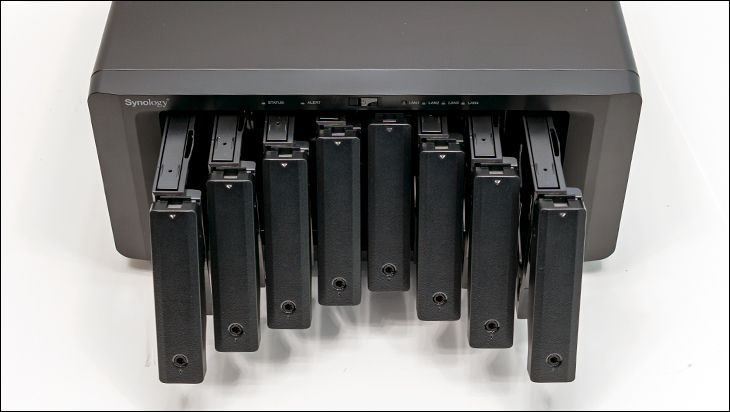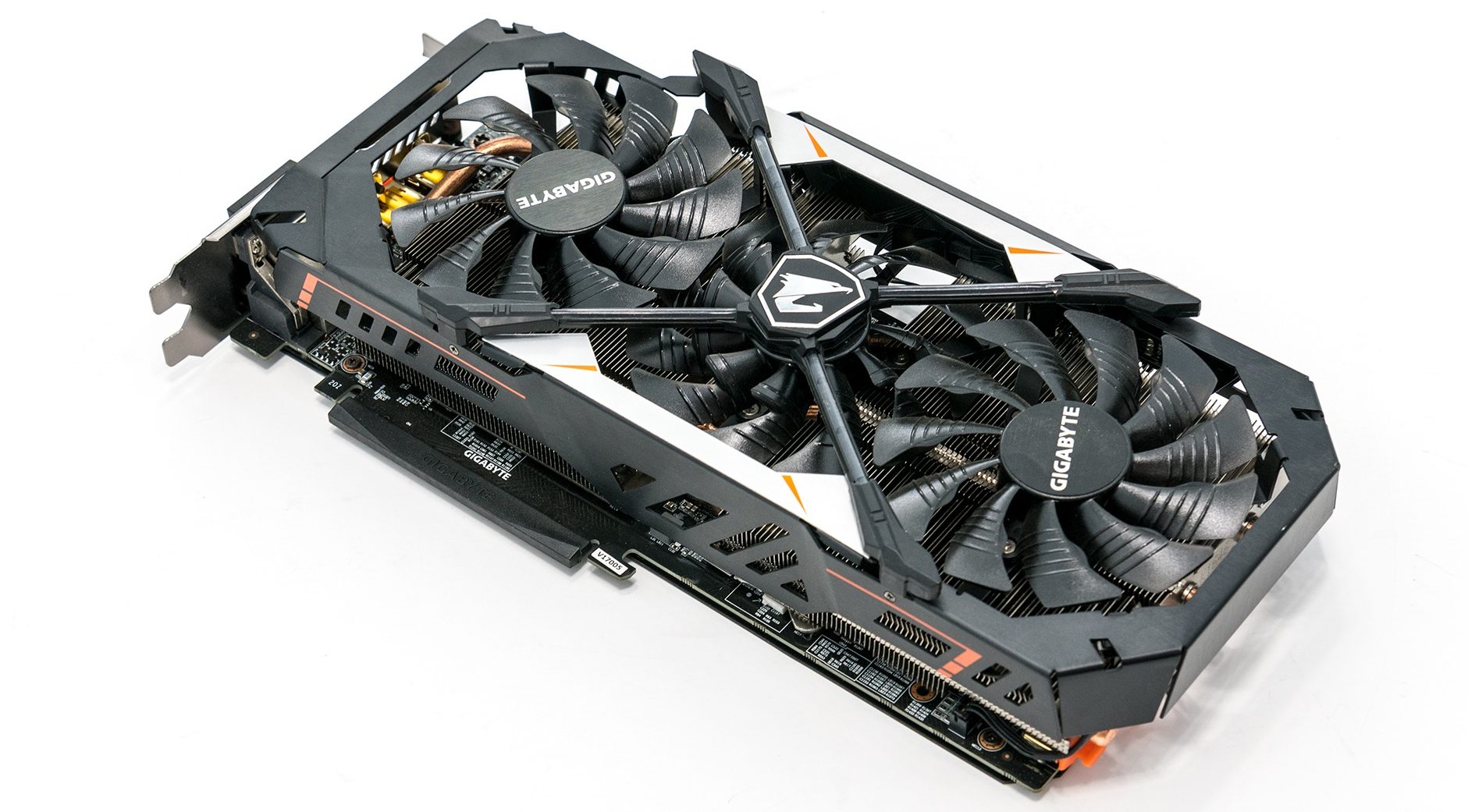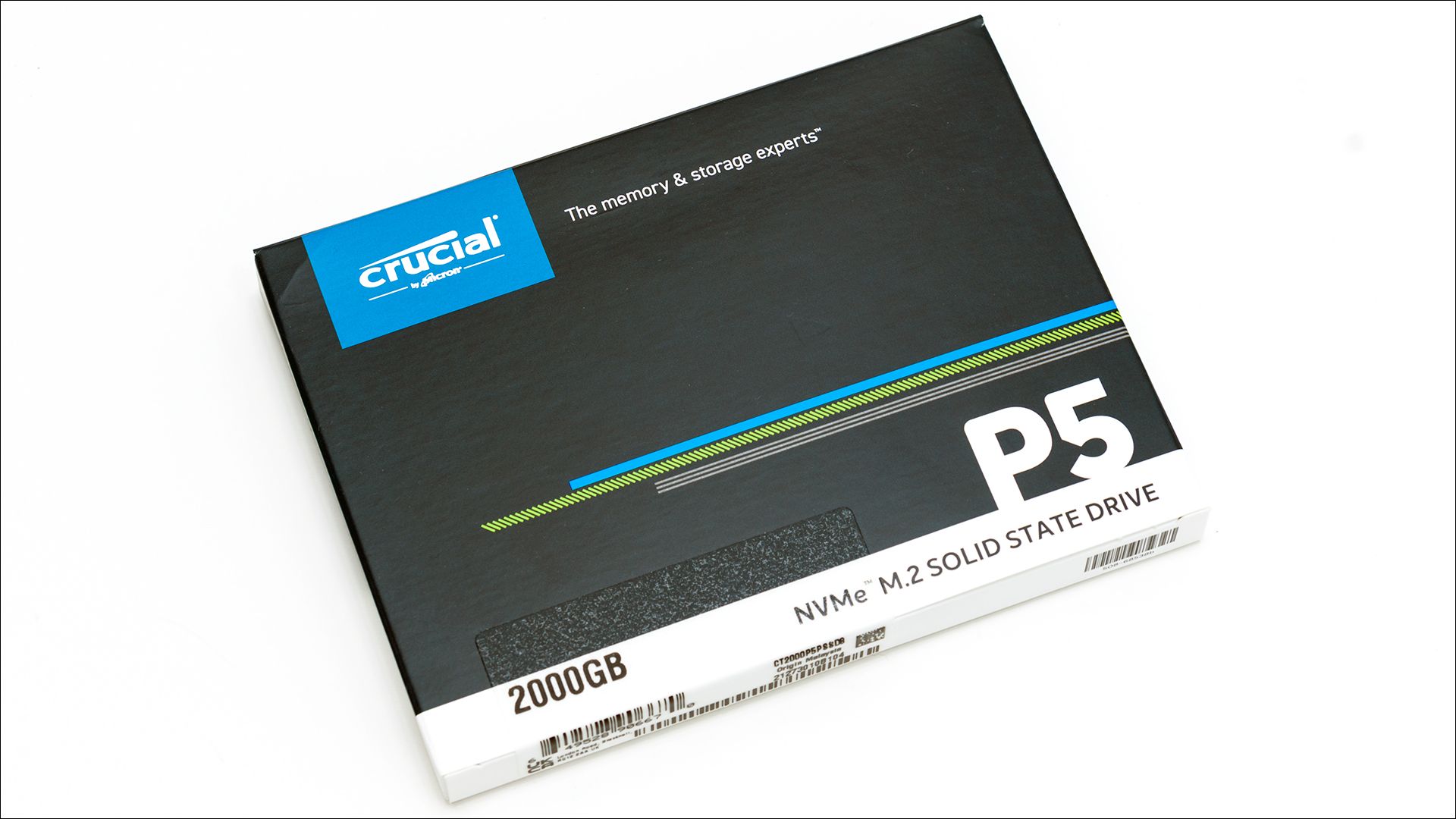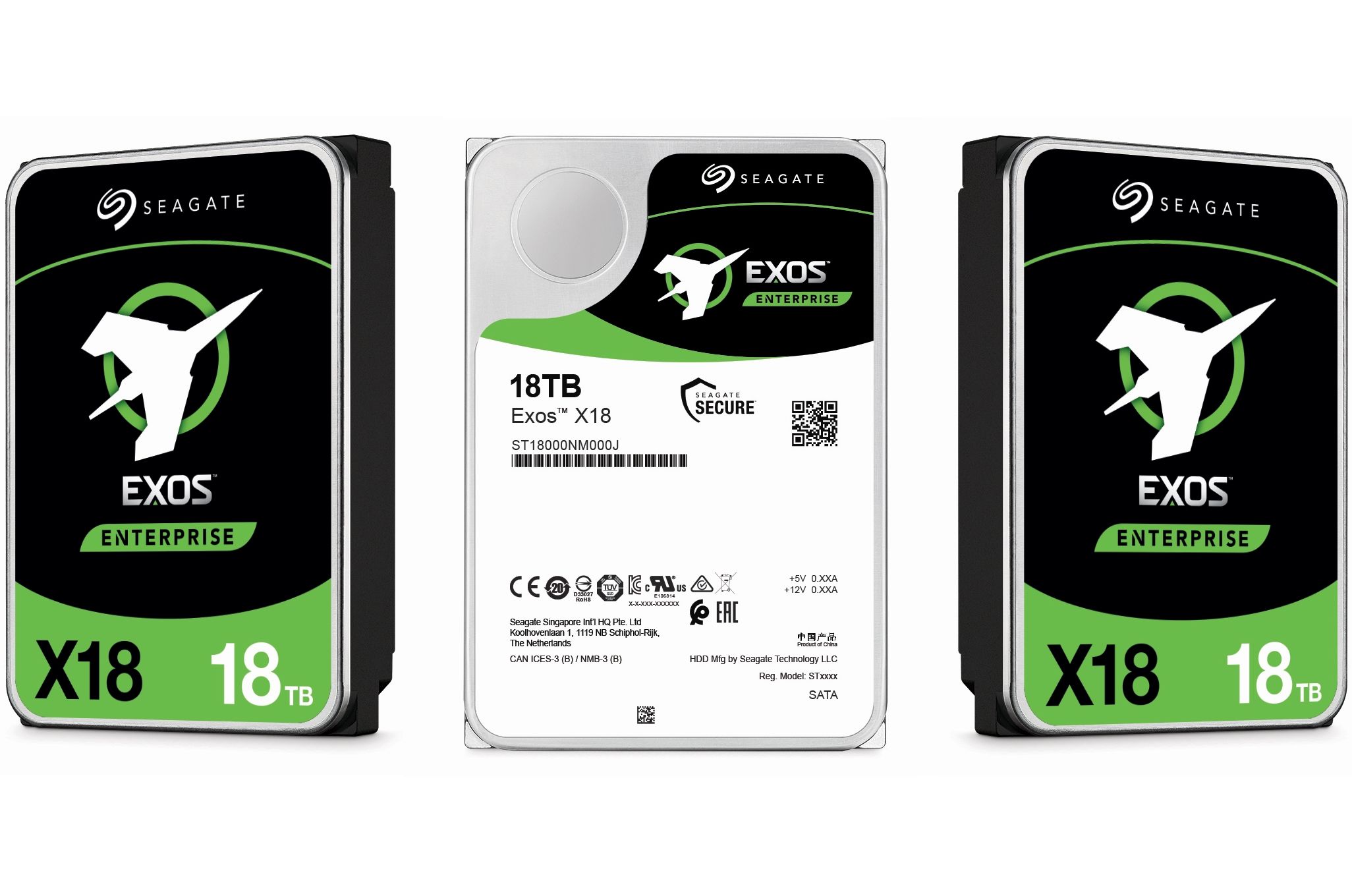The reasons to purchase any Network Attached Storage device are as varied as the consumers who purchase them. For some it just an easy way to centralize all their photos, documents, and backup of other miscellanea that we all collect over the years. For others it is going to be their central storage location and streaming device for their music, and video collections. Other still, it will be used in a more professional environment and will be used hard by multiple people… maybe even with VM’s running off it.
With such a wide variety of criteria it behooves us to use as wide and varied a list of testing protocols as possible. As such we have used a blend of synthetic and real-world benchmarks, as well as custom recorded real-world benchmarking.
For synthetic tests we used a combination of the ATTO Disk Benchmark, NAS Performance Tester, and IOMeter.
For real world we timed how long a single 100GB rar file took to copy to and then from the devices. This represents large file, low queue depth, sequential performance. We also used then 30gb of small files (from 100kb to 200MB) with a total 36,000 files in 1200 subfolders. While a bit extreme in size, this test will help replicate small file performance of the NAS under typical usage scenarios.
For custom recording benchmark, we use Intel’s NAS Performance Toolkit.
Each benchmark test is run four times and the average of all the runs is used. In between each test run, the NAS is rebooted to eliminate the impact of successful RAM cache hits on overall performance.
For devices supporting Raid 6, test results will be shown for Raid 6, Raid 5, Raid 1, and Raid 0. Those that do not support Raid 6, RAID 6 test results will (obviously) not be included. The maximum number of hard drives a device natively supports internally will be used.
For devices offering cache support Raid 6 (when available, and Raid 5 when not) will have testing redone with a IronWolf 510 NVME 1TB cache module installed and configured. If the NAS supports Read and Write caching a pair will be used.
For devices offering 10GbE upgrades, but do not come with 10GbE baked in, an Intel X550-T2 will be installed and used for all 10GbE test results.
As Intel NASPT is an older application, windows XP 32bit with RAM limited to 2GB was used.
For Intel NASPT we have opted for the 4x HD Playback, HD Playback and Record, and the Photo Album tests.
4x HD Playback, uses a 1GB 720P video file and simulates four different users (i.e. queue depth of 4) simultaneously viewing it using Windows Media Player with 256KB read size.
HD Playback and Record simultaneously tests read and write performance of a 1GB 720P video with 256KB r/w size.
Photo Album simulates the typical home user opening and viewing a couple hundred photos of varying size (aprx 1GB in total combined size).
For NAS Performance Tester we opted for 400MB file size with a default of 5 loops per run.











